Join Paul Neal, host of "The Brick & Mortar Money Show," as he sits down with Greg Dickerson, a remarkable entrepreneur and real estate expert. In this episode, Greg shares his journey from starting as a humble handyman to creating a real estate empire worth over $250 million.
Key highlights include:
-Greg's unique approach to self-education and diversification.
-Strategies for building and scaling successful businesses.
-Insights into effective leadership and brand building.
-Greg’s commitment to mentorship and empowering the next generation of entrepreneurs.
Don’t miss out on these valuable lessons from a seasoned entrepreneur. Whether you're starting out or looking to scale your business, this episode is packed with actionable advice and inspiring stories.
Stay connected with Greg Dickerson:
https://www.linkedin.com/in/agregdickerson/
https://www.dickersoninternational.com/
Follow Paul Neal for more inspiring episodes:
https://www.linkedin.com/in/paul-neal-tea/
https://OwnYourBuildingNow.com
#Entrepreneurship #RealEstateInvesting #BusinessSuccess #GregDickerson #PaulNeal #TheBrickAndMortarMoneyShow



